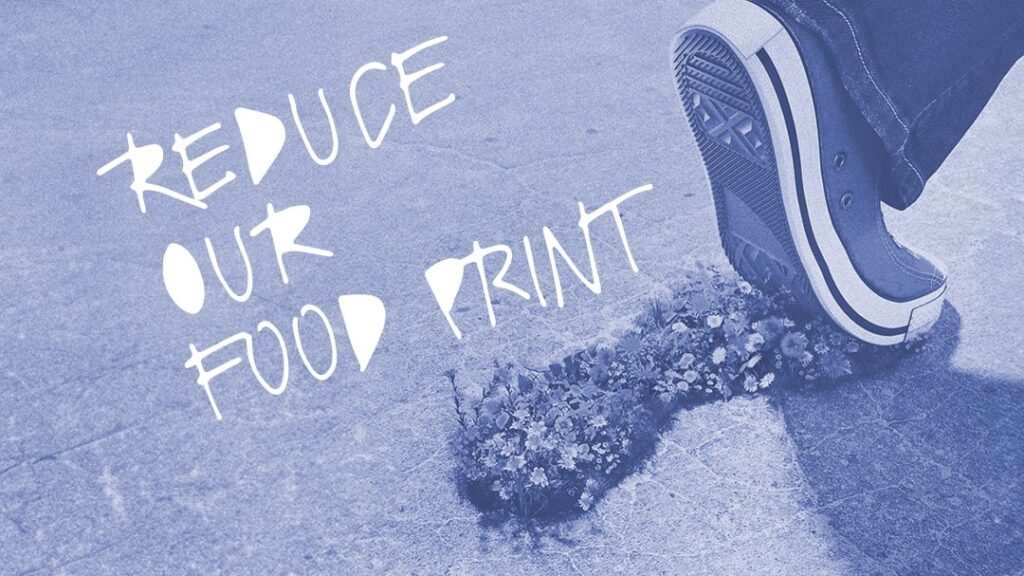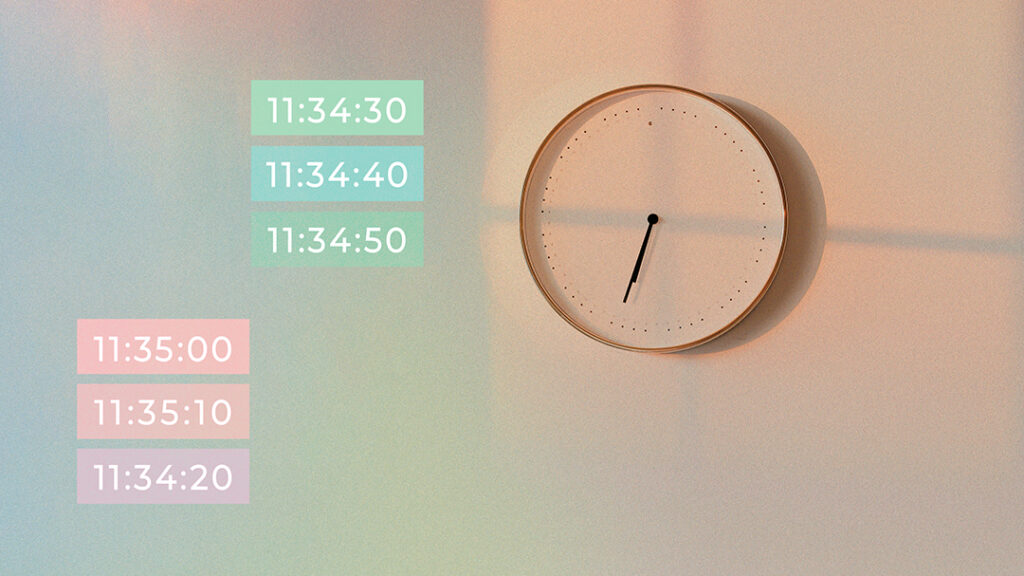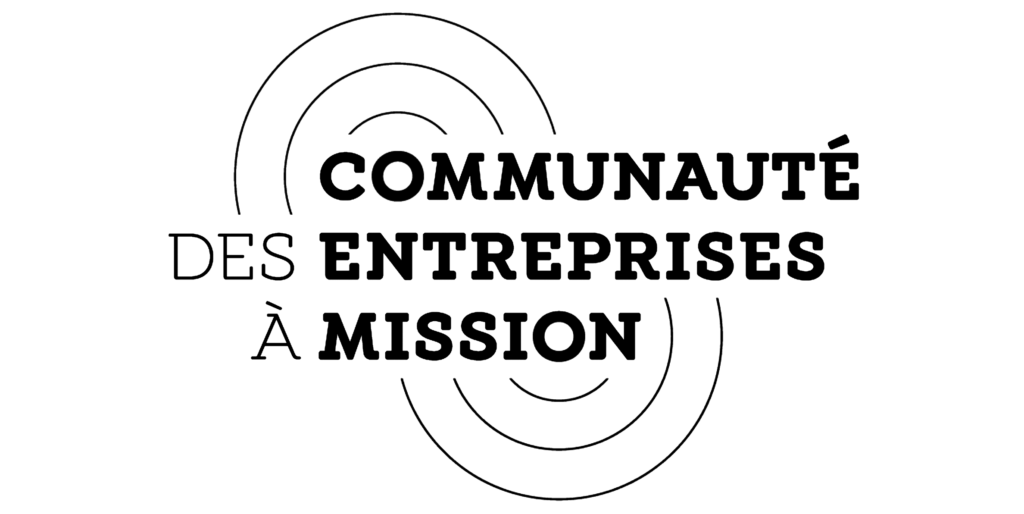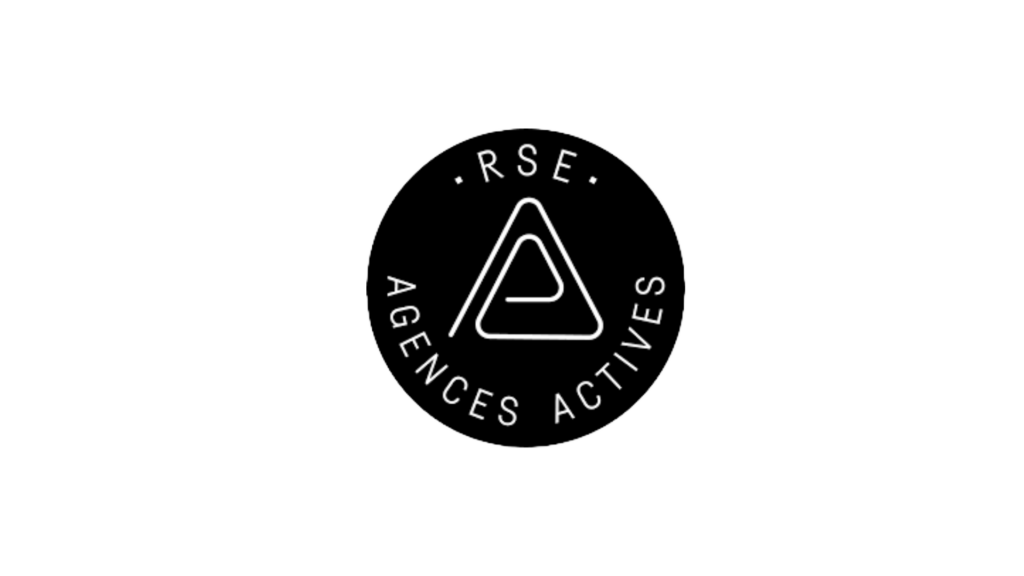FOOD
Eco-score
Impactful impulse

CO2 Impact calculators on the rise.
If you are familiar with the Nutri-Score, present on over 60% of our food products, a new tool is gradually but surely making its way into product analysis applications: the Eco-Score. Born from an independent initiative by a collective of 10 food industry companies, the ambition of the Eco-Score is clear: implement a tool that helps reduce the environmental impact of food consumption. Considering that food accounts for 22% of the total carbon footprint of the French population, this is a topic worth paying attention to. Originating from the French “Climate and Resilience Law”, this new indicator is being tested until 2026, with voluntary adoption by companies starting in 2024 and potentially becoming mandatory in 2025.
It is presented as a revolution, but is it really one? Several years ago now, the “Planet Score” was created, which also allows you to “Take care of the planet while you shop”. It was launched by a group of scientists and experts – we know little more about who is behind this label, so the question of its independence may well arise. The same question can be asked of Eco-score, which will be able to take advantage of its predecessor, Yuka’s, notoriety to gain strong consumer recognition from the outset. Does this mean it will become the new standard?
Looking at the criteria, Planet Score appears at first sight to be more comprehensive, with 3 sub-indicators (pesticides, biodiversity and climate) underneath the overall rating. The Eco-Score is based on a similar model to the Nutri-Score, with a score from A to E summarising 15 environmental impacts. For each product category, a reference score is established using data from the Agribalyse environmental database designed by ADEME and INRAE. These data correspond to the life cycle analysis (LCA) of the products.
Each label has added additional elements to this data: 3 for Planet Score, 5 for Eco-score, which takes into account the lifecycle of the packaging. Is this real added expertise or just a simple communication tool to attract brands? Only time will tell, but for the moment Ayam and Lidl are in the Eco-score test phase. The hard discount chain also uses the Planet Score, and the final choice it makes between the two will give an indication of the development of the selected scoring system.
The environmental impact score of products is a major issue for the agri-food industry, and Planet-Score and Eco-score are leading a race that will transform the contents of our shopping trolleys forever!
Implementing it voluntarily is a choice for transparency. To learn more, click here
Share
Explore

Digital designer Jack Hugues rocks the clock of our circadian rhythm.
Through his experiment, Hugues “transforms time into a sublime spectrum of colors”

Many green influencers have taken to TikTok and are raising awareness of the climate crisis through tutorials, simple tips and educational videos to minimise our environmental impact.

Web eco-design is becoming a necessary approach to showcase sustainability in a constantly evolving world, where the environmental impact of digital technology is concerning.
Roseponsable
BY SHORTLINKS
We support companies and brands through a roseponsable and holistic experience, starting from purpose, to narratives, design, communication and activation.
Forget about anxiety – the future is coming in a blink, lead the change, and THINK PINK.
AUDIT
STRATEGY
NARRATION
IDENTITY
BRAND CONTENT
CONTACT US


